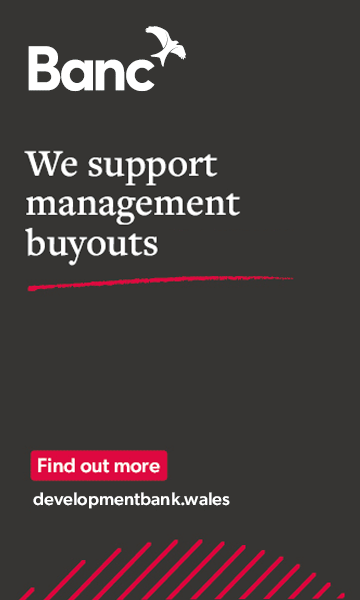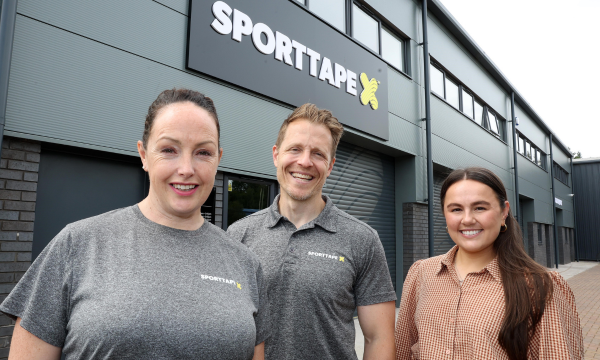The outlook from the UK’s SME community has fallen to a record low level, according to the latest quarterly survey from alternative finance provider Capify.
It's Business Confidence Survey revealed that SME confidence has fallen in response to ongoing economic uncertainty, rising prices and the impact of industrial action.
Only 40% of respondents revealed turnover growth in the past 12 months, a 17pp drop year-on-year. At the same time, 40% of businesses reported a reduction of profitability last year, compared to 32% in Q4 2021.
As a result, the cash position for Britain’s SME has deteriorated in the past year. The average level of cash held in the bank has more than halved from £188,474 to £90,320. Correspondingly, over 50% are now significantly worried about the level of cash the business holds.
Stalling performance
The survey also found that SMEs are struggling to keep ahead of the curve of rising costs and cash inflow requirements to keep their businesses afloat. 51% of respondents reported falling short of their annual targets for last year, compared to 2021’s level of 32%.
This is having a significant impact on cash flow concerns. The number of business owners worried about cash flow has grown to 37%, a 14% increase from 23% in January 2021. Last year’s period of inflation and consequent price rises in the supply chain have been a major contributor to this. Over half of SME owners (54%) cited inflation and rising costs as a cause for sleepless nights, as they try to reconcile increased production costs with their own pricing strategies.
Consequently, the SME appetite for investment has fallen away sharply quarter-on-quarter.
The number of firms planning no investment in the coming year has risen to 30%, a 22pp increase on Q3’s findings. For those that are planning to invest, the number of investment areas has also fallen. UK SMEs identified an average of 1.625 initiatives in Q4’s survey, compared to 2.63 in Q3 of 2022. Perhaps reflecting a desire for efficiency to drive down costs – or to take advantage of the forthcoming super deduction deadline – 31% of respondents plan to invest in technology-led initiatives, whilst 23% are looking at plant or machinery investments.
Worrying signs
The survey, which canvasses the insights of hundreds of SME business owners from across the UK on areas of business performance, outlook, and investment intentions, uses the data to produce an overall confidence score between -10 (very unconfident) and +20 (very confident). The confidence score now sits at -6.89, a 16-point decrease on the Q4 2021 score of 8.93.
John Rozenbroek, CFO/CCO at Capify, said:
“It is deeply worrying to see how much confidence has fallen in the UK’s vital SME community over the past year. Despite a slight rally in the third quarter – in response to a perceived improvement in economic and political stability – the overall confidence curve has been heading downward throughout the year, highlighting just how challenging last year has proven to be for SME owners and operators.
“Last year’s ‘perfect storm’ of ongoing supply chain issues, inflation, political turmoil, market turbulence, war in Ukraine, energy crises and domestic industrial action have unsurprisingly taken their toll on SME confidence and outlook.”
Brighter horizons
Despite the significant challenges of last year, there are some signs of cautious optimism that 2023 may be a better year for UK SMEs. 58% are projecting turnover growth over the next 12 months, whilst 52% predict an increase in profit performance. These factors combine to mean that nearly 40% expect headcount to grow over the same period.
Access to finance continues to be a major problem for SMEs though, both in supporting the cash flow needs of today and for funding potential growth opportunities. Exactly a third of respondents identified working capital and cash flow management as a reason for requiring external finance, but only 42% of respondents felt confident they would be able to secure that finance from their bank.
“After the unprecedented challenges of the last year, it is absolutely vital that smaller businesses have access to finance” said Rozenbroek. “We can see the impact that the economic conditions have placed on cash flow and cash balances and helping UK SMEs weather the storm is imperative. Equally, as we hopefully turn a corner, it is just as important to increase finance availability for longer-term, sustainable investment opportunities.”
“At Capify, we understand the uniquely challenging climate that SMEs are operating in and the impact that has had on confidence and outlook. But we also share the optimism of a better year ahead. We will continue to be there to support SMEs with finance provision for both today’s challenges and tomorrow’s opportunities.”























